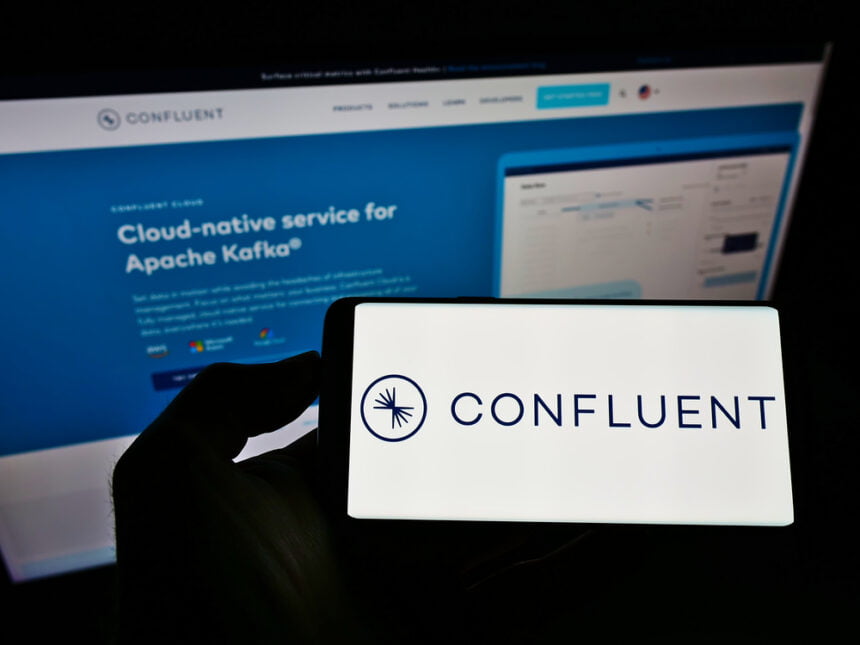Cloud technology is becoming more important to modern businesses than ever. Ninety-four percent of enterprises invest in cloud infrastructures, due to the benefits it offers.
An estimated 87% of companies using the cloud rely on hybrid cloud environments. However, some companies use other cloud solutions, which need to be discussed as well.
These days, most companies’ cloud ecosystem includes infrastructure, compliance, security, and other aspects. These infrastructures can be either in hybrid cloud or multi-cloud. In addition, a multi-cloud system has sourced cloud infrastructure from different vendors depending on organizational needs.
There are a lot of great benefits of a hybrid cloud strategy, but the benefits of multi-cloud infrastructures should also be discussed. A multi-cloud infrastructure means when you acquire the technology from different vendors, and these can either be private or public. A hybrid cloud system is a cloud deployment model combining different cloud types, using both an on-premise hardware solution and a public cloud.
You can safely use an Apache Kafka cluster for seamless data movement from the on-premise hardware solution to the data lake using various cloud services like Amazon’s S3 and others. But keep in mind one thing which is you have to either replicate the topics in your cloud cluster or you will have to develop a custom connector to read and copy back and forth from the cloud to the application.
5 Key Comparisons in Different Apache Kafka Architectures
1. Kafka And ETL Processing: You might be using Apache Kafka for high-performance data pipelines, stream various analytics data, or run company critical assets using Kafka, but did you know that you can also use Kafka clusters to move data between multiple systems.
It is because you usually see Kafka producers publish data or push it towards a Kafka topic so that the application can consume the data. But a Kafka consumer is usually custom-built applications that feed data into their target applications. Hence you can use your cloud provider’s tools which may offer you the ability to create jobs that will extract and transform the data apart from also offering you the advantage of loading the ETL data.
Amazon’s AWS Glue is one such tool that allows you to consume data from Apache Kafka and Amazon-managed streaming for Apache Kafka (MSK). It will enable you to quickly transform and load the data results into Amazon S3 data lakes or JDBC data stores.
2. Architecture Design: In most system cases, the first step is usually building a responsive and manageable Apache Kafka Architecture so that users can quickly review this data. For example- If you are supposed to process and document which has many key data sets like an employee insurance policy form. Then you can use various cloud tools to extract the data for further processing.
You can also configure a cloud-based tool like AWS Glue to connect with your on-premise cloud hardware and establish a secure connection. A three-step ETL framework job should do the trick. If you are unsure about the steps, then here they are: Step 1:Create a connection of the tool with the on-premise Apache Kafka data storage source. Step 2: Create a Data Catalog table. Step 3: Create an ETL job and save that data to a data lake.
3. Connection: Using a predefined Kafka connection, you can use various cloud tools like AWS glue to create a secure Secure Sockets Layer (SSL) connection in the Data Catalog. Also, you should know that a self-signed SSL certificate is always required for these connections.
Additionally, you can take multiple steps to render more value from the information. For example- you may use various business intelligence tools like QuickSight to embed the data into an internal Kafka dashboard. Then another team member may use the event-driven architectures to notify the administrator and perform various downstream actions. Although it should be done whenever you deal with specific data types, the possibilities are endless here.
4. Security Group: When you need a cloud tool like AWS Glue to communicate back and forth between its components, you will need to specify a security group with a self-referencing inbound rule for all Transmission Control Protocol (TCP) ports. It will enable you to restrict the data source to the same security group; in essence, they could all have a pre-configured self-referencing inbound rule for all traffic. You would then need to set up the Apache Kafka topic, refer to this newly created connection, and use the schema detection function.
5. Data Processing: After completing the Apache Kafka connection and creating the job, you can format the source data, which you will need later. You can also use various transformation tools to process your data library. For this data processing, take the help of the ETL script you created earlier, following the three steps outlined above.
Conclusion
Apache Kafka is an open-source data processing software with multiple usages in different applications. Use the above guide to identify which type of storage works for you.











